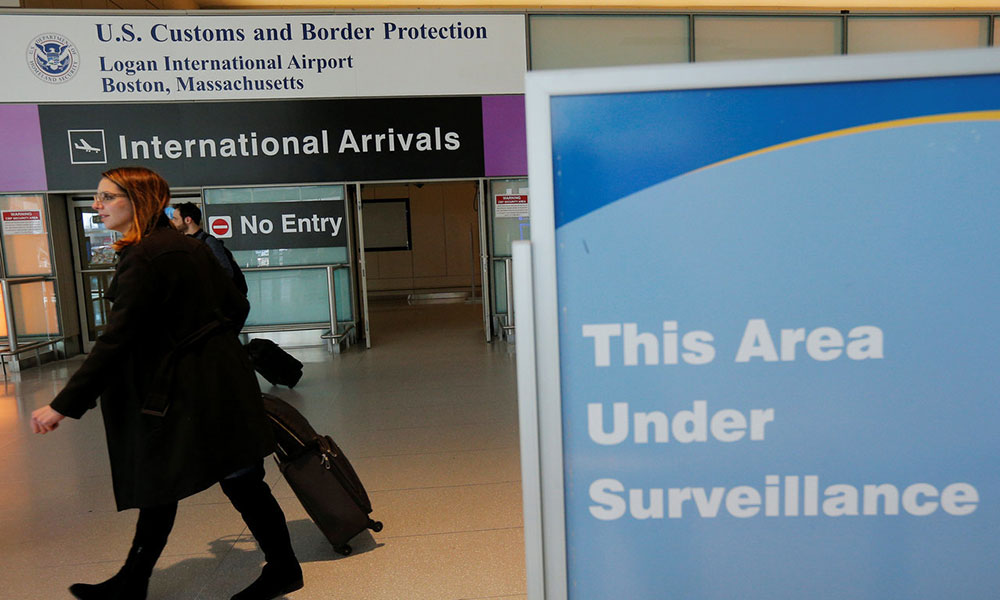
Travel, Meetings Industry Groups Raise Concerns Over Revised Travel Ban
While crediting the Trump administration for taking a more thoughtful approach with its updated immigration executive order, industry groups in the meetings and travel sectors—including ASAE—emphasized the need for a balance on security and travel issues.
The “Travel Ban 2.0,” as the Trump administration’s updated immigration order has come to be known, is getting better reviews than its initial version, particularly by tempering some of its more dramatic effects for permanent residents and visa holders.
But meetings and travel industry groups that raised some of the strongest concerns about the initial order—which drew wide protests in part because of its haphazard implementation—say the revised version doesn’t calm their concerns entirely.
Meetings Mean Business Co-Chairs Richard Harper and Paul Van Deventer, whose coalition recently conducted research [PDF] on the initial travel ban that showed many event professionals had concerns about the damage the ban would do to the reputation of the United States, emphasized that while the revised ban takes a softer approach, it ultimately remains troublesome.
“Meetings Mean Business joins the American travel community in supporting efforts to bolster national security,” the duo wrote in a statement [PDF]. “We recognize the substantially more cautious and deliberate introduction of the revised executive order on travel and immigration, however, several of the industry’s initial concerns remain unaddressed.”
Specific elements of the order earned praise from some groups. In a statement, Global Business Travel Association Executive Director and COO Michael W. McCormick emphasized that his group was assessing its membership on how to tackle the order but singled out a new exemption added to the order: “The specific exemption for legal permanent residents, dual nationals, and current visa holders will help mitigate confusion for the international traveling public,” he said.
And in comments to Travel Weekly, both the International Air Transport Association and Airlines for America welcomed the more specific guidance the new order contained.
The U.S. Travel Association, however, was more critical of the changes—crediting the order for allowing Iraqi nationals to enter the U.S. but warning that bans of this nature could hurt the economy.
“Unfortunately, it doesn’t appear that the administration fully seized the opportunity to differentiate between the potential security risks targeted by the order and the legitimate business and leisure visitors from abroad who support 15.1 million American jobs,” U.S. Travel President and CEO Roger Dow said in a statement.
In comments on the new executive order, ASAE President and CEO John H. Graham IV, FASAE, CAE, encouraged the Trump administration to complete its review of the visa and immigration system “quickly and efficiently so that we aren’t impeding legitimate business and leisure travel to the United States unnecessarily.”
“The revised executive order on travel may seem at first glance more limited in its reach, but it raises the possibility that additional countries beyond the six that are temporarily banned may be forced to provide additional information and security information to the U.S. government to support U.S. visa and other immigration benefit determinations,” Graham added in his statement. “Ideally, a balance must be struck between the need for appropriate vetting standards and the need to facilitate legitimate travel to the U.S.”
International travelers arrive at Boston's Logan Airport following a federal court's temporary stay of U.S. President Donald Trump's executive order last month. (Brian Snyder/Reuters)






Comments